Summer School
Femtech meets Law
Summer School
Femtech meets Law
Advancing women’s health across all ages through technology, regulation, and ethics
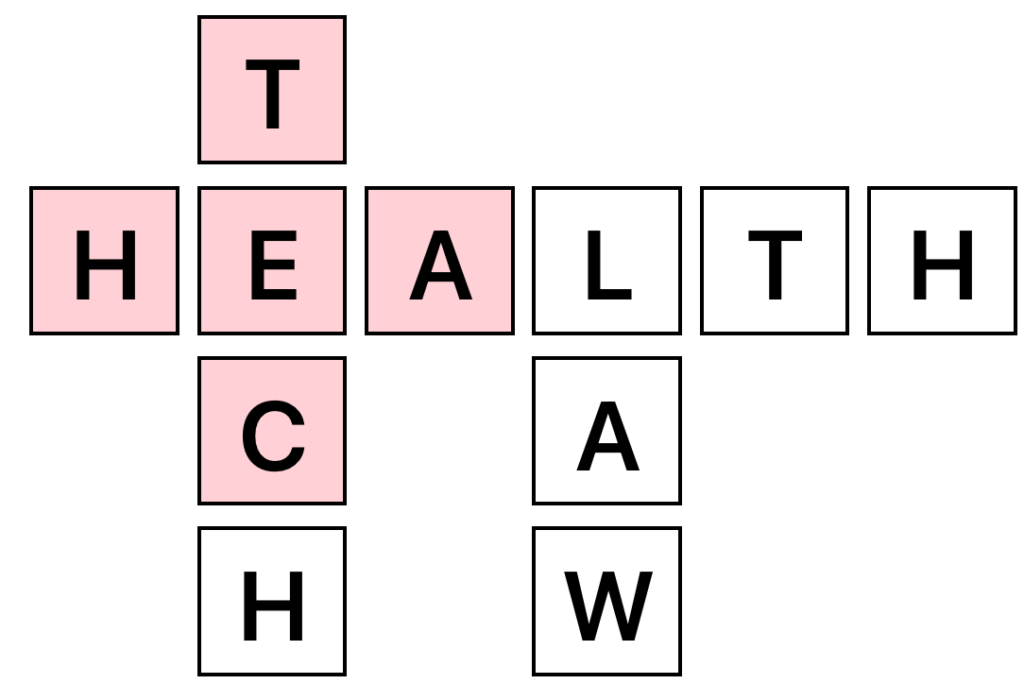
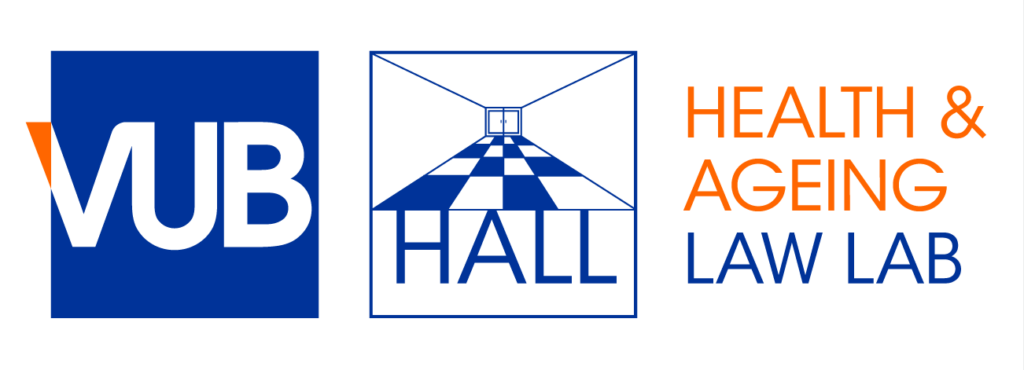
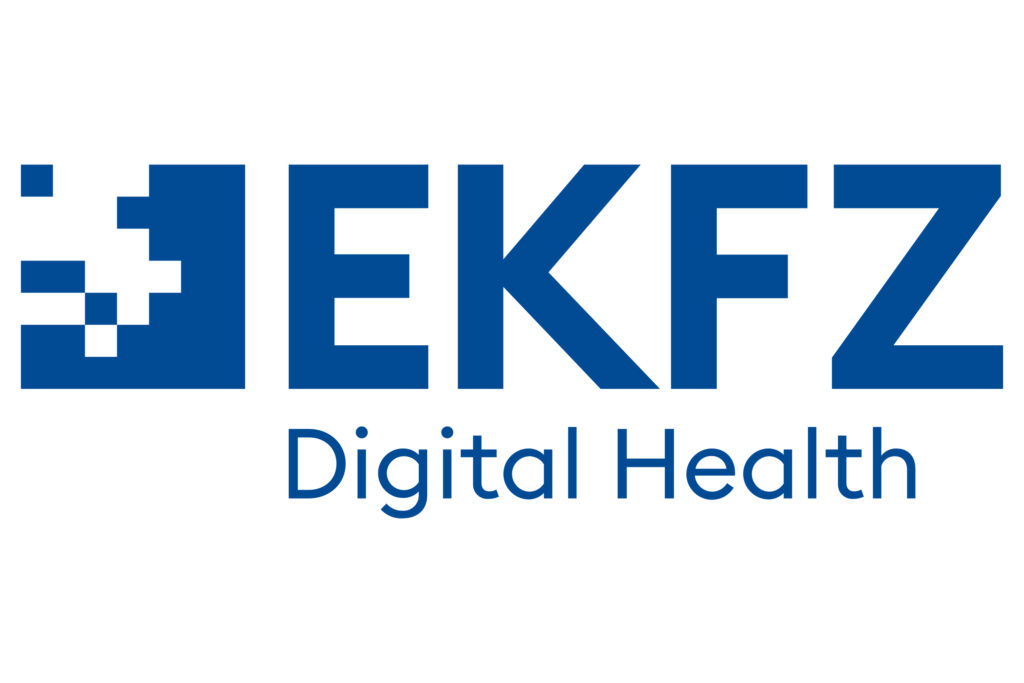
In today’s healthcare landscape, the intersection of technology, law, ethics, and regulation is more critical than ever. Despite advances in medicine, gender disparities persist, leaving women’s health underfunded and underserved. Femtech, or digital technology for female health, is reshaping this space with innovations like digital health tools, wearables, and AI, but these advancements must address complex legal, ethical, and regulatory challenges to ensure equity and accessibility across women’s lifecycles – from adolescence to longevity.
The second edition of the HALL-EKFZ Summer School, Femtech Meets Law – Advancing Women’s Health Across All Ages Through Technology, Regulation, and Ethics is taking place in Dresden. This event will unite legal scholars, practitioners, policymakers, and industry experts to explore the challenges and opportunities in this rapidly evolving field.
To promote active learning, the Summer School will combine lectures with interactive sessions such as mentoring, case studies, and more. A wide range of topics is covered: including the regulatory, legal, and ethical perspectives of Artificial Intelligence applications in femtech, menstrual health innovations, femtech for healthy aging, health data governance, design thinking for women’s health technologies, gender bias in AI, global femtech ethical challenges, censorship of female health products and digital solutions relating to contraception and fertility.
We aim to assemble a diverse group of lecturers from various academic, professional, and policy backgrounds to provide multiple perspectives on the themes.
The program consists of themes exploring the intersection of health, law, and technology in the femtech space. Through a combination of presentation-based sessions, interactive discussions, and mentoring opportunities, participants will engage with experts and peers to examine regulatory challenges, innovation in femtech, health equity, and the role of digitalisation, AI, and design thinking in women’s health. Each theme is designed to provide forward-looking insights, fostering collaboration and critical thinking in this rapidly evolving field.
Dr. Andrea Biasiucci is a biomedical engineer and entrepreneur with a PhD in Brain-Machine Interfaces from EPFL. He is the CEO of confinis, a leading Swiss regulatory consulting firm specializing in medical devices, IVDs, and combination products.
A business strategist with deep expertise in regulated software, AI, and MedTech, Dr. Biasiucci has a proven track record in agile transformation and organizational restructuring. He founded two neurotech startups—Intento (acquired by MindMaze) and braincredible (acquired by ANT Neuro)—pioneering innovations in AI and big data for healthcare.
Previously, at Roche, he led global evidence operations, contributing to the integration of digital health solutions into regulated environments. Passionate about selfless leadership, he champions collaboration that empowers teams to drive innovation and operational excellence.
Cécile van der Heijden is an Amsterdam-based attorney-at law at Axon Advocaten. She specializes in data protection law and technological innovation in the Life Sciences sector. She advises her clients on various topics such as clinical research, data processing in relation to medical devices and market access for medical devices and medicines.
Celia Brightwell is a PhD candidate and research associate at the Chair of Digital Cultures. Her doctoral research project Cybercrones examines how age is produced culturally and technologically through a selection of paired science fiction texts and body technologies.
Dr. Liqaa Nawaf is a senior lecturer and research leader in cyber security at Cardiff Metropolitan University (CMU). She serves as Programme Director for the MSc Advanced Cyber Security and BSc Applied Cyber Security Apprenticeships within the School of Technologies and co-leads the Cybersecurity and Information Networks Centre (CINC).
With expertise in networks, artificial intelligence (AI), and cyber security, Dr. Nawaf focuses on integrating AI techniques into distributed systems and cyber security applications. She is a founding member of the Women in Cyber (WiCys) Society at CMU and an active participant in the Women in Cyber Wales Cluster.
Dr. Nawaf has secured multiple externally funded projects, including the Partnership for Education and Research (PER) Programme for Women in Cyber, funded by the British Council UK-Saudi Challenge Fund. She also supervises several PhD students specializing in AI, networks, and cyber security, contributing to advancements in the field.
Dr. Vera Rödel is a German lawyer with a Master’s degree in Health and Medical Management. With over 12 years of experience in the pharmaceutical industry and the healthcare sector, she has led the Global Legal Neurology & Immunology and Cardio Metabolic & Endocrinology Team at Merck Legal Healthcare. Before joining Merck in 2014, Dr. Rödel worked at Boehringer Ingelheim and Linklaters LLP.
In Spring 2022, Dr. Rödel took on the role of Global Lead Antitrust at Merck, where she manages all antitrust matters on a global scale and leads the Global Antitrust Expert Group within Merck’s Legal Department. In this capacity, she supports the Head of the Legal Department in reporting to the board and managing antitrust litigation and proceedings. Her responsibilities also include developing antitrust strategy, expanding the Global Antitrust Framework, and liaising with industry stakeholders, authorities, and legislators. Since 2023, Dr. Rödel has also been responsible for Risk Governance and Management.
In 2023, Dr. Rödel founded Prof. Valmed®, a pioneering platform for medical information retrieval, and assumed the role of CEO. Prof. Valmed® specializes in providing high-quality, validated medical information to physicians, scientists, and healthcare professionals. In addition, in 2024 Dr. Rödel founded transforming legal® a company bringing digital transformation and legal technology together while shaping the digital future of the legal profession.
Shireen Saxena is a seasoned healthcare leader with 15 years of experience in care system redesign, payment reform, health policy, and clinical AI/tech. She has worked with state and federal governments, providers, foundations, and life sciences companies across the US, Europe, Africa, and the Middle East and has considerable business development, strategy, and implementation expertise. Shireen is deeply passionate about increasing access and improving health outcomes for underserved and underrepresented populations, including shortening the path to diagnosis and treatment for women’s health and mental health. She is a member of the Atlantik Brücke Young Leaders Program and the HAA’s Women’s Health At Work Advisory Board. Shireen is currently the VP of External Affairs and Chief of Staff at Ada Health. She holds a BA in psychology from Barnard College of Columbia University and MSc in international public health and gender studies from Charité-Universitätsmedizin Berlin. In her free time Shireen is an avid chef, rescue animal volunteer, trauma-certified yoga instructor, and New York State Department of Health-certified sexual assault and domestic violence counselor.
Lauren Tonti leads the Law and Policy Core at the University of Missouri’s Social Impact Lab, where she explores the relationships between laws, policies, and health using legal epidemiology methods in order to better understand impacts on population health and well-being. Before earning her master’s degree in public health from the Harvard T.H. Chan School of Public Health, Lauren received a Juris Doctor from Case Western Reserve School of Law. Lauren previously served as a contracted analyst within the Office of Public Health Law Services at the Centers for Disease Control & Prevention and scientific researcher at the Max Planck Institute for Social Law & Social Policy. Lauren is also a member of the New York State Bar.
Karolina Magnusson is a medical device regulatory and compliance professional within the femtech and software space. She is currently the Head of Regulatory & Compliance at Natural Cycles where she has led major regulatory events such as the company’s transition from MDD to MDR and the introduction of MDSAP certification as well as several 510ks with the US FDA based on the device’s original deNovo clearance. Her speciality is software as a medical device (SaMD) compliance in small and medium sized companies. Karolina holds a MSc in Applied Physics and Electrical Engineering with a Biomedical Engineering profile from Linköping University. In addition to her professional endeavors, she is a vintage lover, a historical reenactor and an avid sewer of historical clothing.
Paul is active in pursuing a number of his research interests as a research professor at LSTS. This includes in areas such as data protection, privacy issues and problems related to stigmatization and discrimination. He is part of the Health and Aging Unit at LSTS where he co-ordinates research on such issues. Paul has developed considerable experience in privacy and data protection issues in the area of health care delivery and scientific research. He has been successful in securing participation for LSTS and the VUB in a large number of research projects as an expert on legal and ethical issues related to privacy and data protection issues. Paul is also a member of the University’s Ethics Board for Research in the Social Sciences. Paul has also been active in research into issues associated with stigmatization and anti-discrimination approaches. He has been particularly active in developing a normative argument concerning the threats posed by stigmatizing expressions and language when used by the state. His PhD thesis was entitled “Stigmatizing State Expressions and the law”. He has published a monograph on these issues with Routledge in 2015. Before joining the LSTS team Paul worked in the legal industry in the UK. He trained as a Barrister (Bar of England and Wales) and is a member of Greys Inn. He holds degrees in European and International Law (LLM, Institute of European Studies, Brussels), Law (MA, University Sheffield) and Biochemistry, (University of Sheffield).
Shada Alsalamah is a contributor to the healthcare sector modernization movement, digital health transformation, and policymaking for better disease detection, prevention, and treatment. Currently, Dr. Alsalamah is an Associate Professor of Global Digital Health, Information Systems Department, College of Computer and Information Sciences, King Saud University, Riyadh, Saudi Arabia; a Technical Officer (Digital Health and AI), Strategy and Governance, Department of Digital Health and Innovation, World Health Organization, Geneva, Switzerland; and a Principle Investigator, Artificial Intelligence Center, Alfaisal University, Riyadh, Saudi Arabia. In addition, Dr. Alsalamah serves on a number of national and international boards and working groups including, but not limited to, The Organisation for Economic Co-operation and Development (OECD) Blockchain Expert Policy Advisory Board, Paris, France; The International Association for Trusted Blockchain Applications, Brussels, Belgium; ITU/WHO FG-Artificial Intelligence for Health (AI4H) Regulatory Considerations Working Group (WG-RC), Geneva, Switzerland; ITU/WHO FG-AI4H Dental Diagnostics and Digital Dentistry Topic Group (TG-Dental), Geneva, Switzerland; IEEE Computer Society Technical Committee on Security and Privacy; The Saudi Association for Information Security, Riyadh, Saudi Arabia; and The International Network for Forensic Odontology.
There is no application fee, and the expected tuition fee (depending on registrations) is:
The tuition fee includes all the classes, light lunch and course materials, but not travel expenses and accommodation.
The application is free of charge. After the registration is closed, we will send you an invoice that will need to be paid within 14 days. Your registration will be final after receiving payment.
Admission to this Summer School is open to all who are active in this area, in the widest sense of the word (as a researcher, a legal professional, a professional in the industry…). Master’s and PhD students are also welcome to apply for admission. Applicants will be selected based on qualifications and motivation, and a broad perspective of opinions will be considered, as we believe that conflicting opinions and diverse backgrounds nourish fruitful discussions and scientific progress. We’re committed to offering education that includes everyone, making sure all participants feel valued and supported in their learning.
For your application, we ask you to provide us with a motivation letter of maximum 400 words during the registration process.
Please note that all lectures will be in English, and we expect participants to be adequately proficient to follow the lectures and have a discussion in English. We require no proof of language proficiency however, as obtaining such proof can be time- and money consuming.
Applications will be open until May 12, 2025. You can apply here.
Your personal data will be processed solely to assess whether you are a suitable candidate for the Summer School and to contact you for additional information. Should you not be selected or decide not to withdraw your candidacy, your personal data will be deleted once admissions are closed. If you are selected, your personal data will be used in the context of this summer school (i.e., for the performance of our contract), and to inform you about future events organized by HALL or EFKZ for Digital Health or future editions of this Summer School, or newsletters relating to the topics covered during the Summer School. You will always be able to unsubscribe from such communications, and can object to us processing your personal data for these objectives by sending us an e-mail. For more information on how the EKFZ processes personal data and your rights as a data subject, please click here.
The second edition of the Summer School will take place at Dresden University Hospital Carl Gustav Carus in house 92 (MITS). You can use the map Carus Navigator of the campus. The EKFZ for Digital Health is located in the red area in house 10 and MITS is located in the yellow area in house 92.
We advise participants to use the rich public transport network DVB (Dresdner Verkehrsbetriebe) to get to campus and around Dresden. The bus (64) and tram (6,12) stops at Augsburger Straße or bus 62 at Pfotenhauer Straße.
Participants are expected to make their own travel and accommodation arrangements.
Rebecca Mathias (Program Manager)
Else Kröner Fresenius Center (EKFZ) for Digital Health, University Hospital Dresden
Fetscherstr. 74, 01307 Dresden, Germany
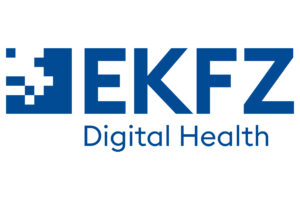


Known as ‘Florence on the Elbe’, Dresden is a city that combines rich history, stunning architecture and a vibrant cultural scene. From the iconic Church of Our Lady (Frauenkirche) and the magnificent Zwinger Palace to the lively Neustadt district, there’s plenty to see and do.
Walk along the banks of the River Elbe or explore world-class museums. With its welcoming atmosphere and dynamic academic environment, Dresden offers the perfect mix of study and leisure for an exciting week.
See you this summer!
© TUD/Nils Eisfeld
This Summer school is a collaboration between the EKFZ for Digital Health at TUD Dresden University of Technology and HALL, the Health and Ageing Lab at the Vrije Universiteit Brussel (VUB).
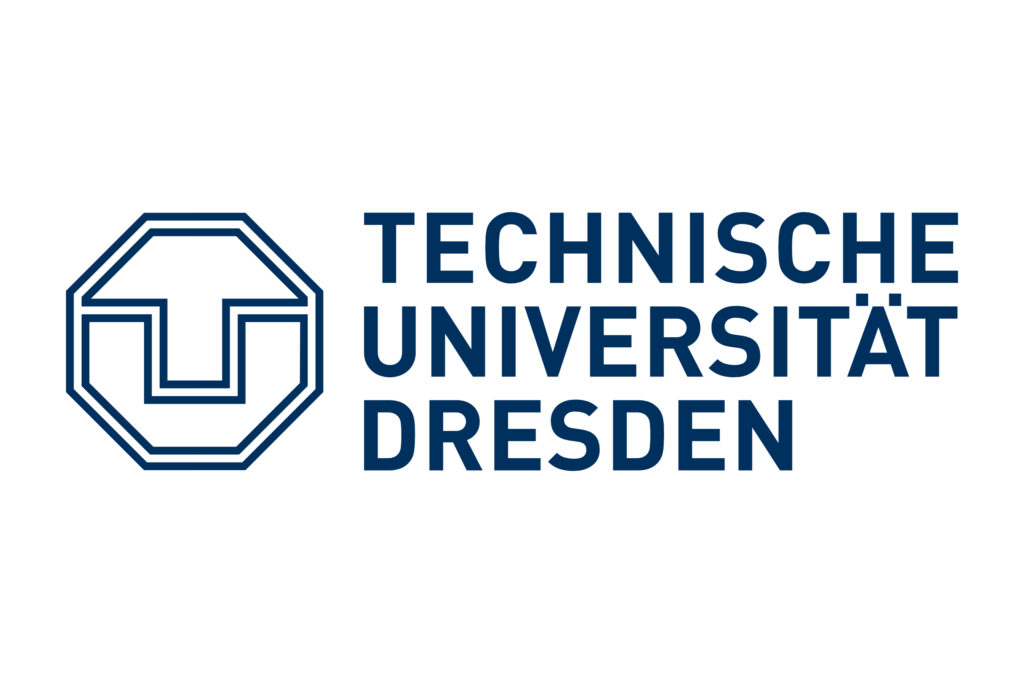
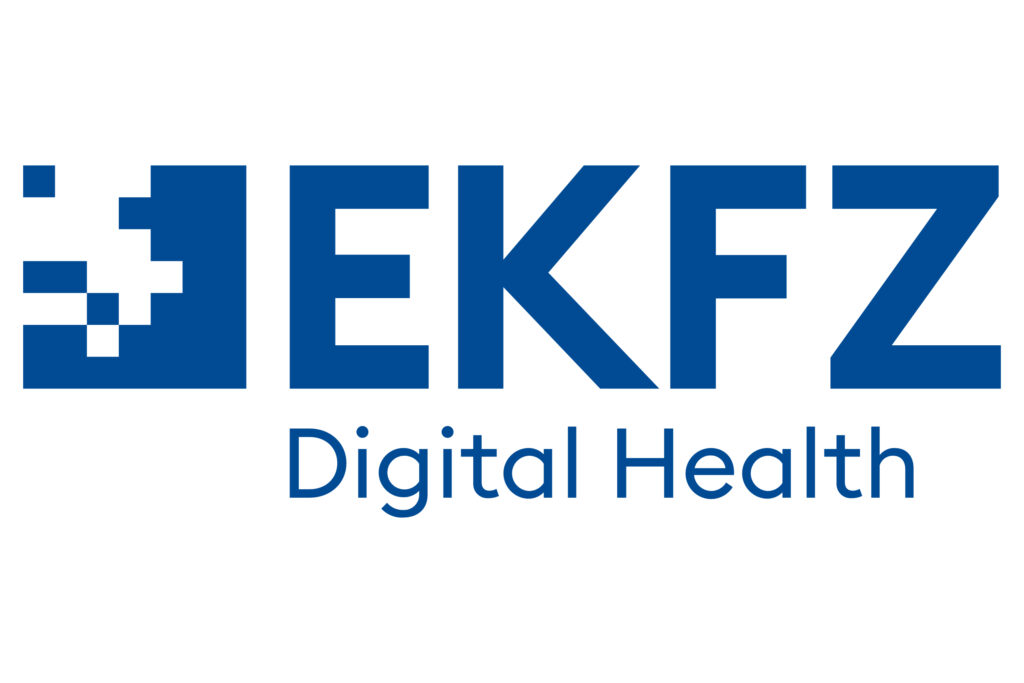
The Else Kröner Fresenius Center for Digital Health at TUD Dresden University of Technology and University Hospital Carl Gustav Carus Dresden was established in September 2019. It receives funding of around 40 million euros from the Else Kröner Fresenius Foundation for a period of ten years.
The center focuses its research activities on innovative, medical and digital technologies at the direct interface with patients. The aim is to fully exploit the potential of digitalization in medicine to significantly and sustainably improve healthcare, medical research and clinical practice.

This event is also listed at the website of Summer Schools in Europe, where you can find additional summer schools and courses on various topics.